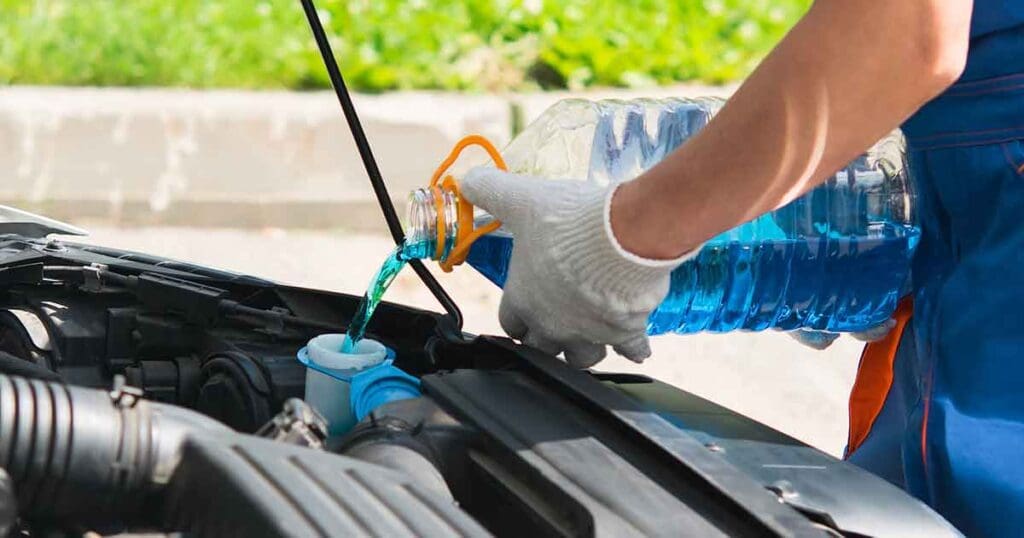There is a very long list of items an automotive repair shop includes in the category of shop supplies. For example, Acetylene, Protective Materials, Gasket Materials, Bench Lubricants, Special Adhesive, Chassis Grease, Gasket Sealer Comp., Gloves, Bearing Grease, Wheel Weights, Drill Bits, Sandpaper, Welding Rods, Minor Hardware (bolts, washers, etc.), Lubricant Paste, Wiping Cloths, Glass Cleaner, Hydramatic Parts Cleaner, Hacksaw Blades, Assorted Clips & Fasteners…
(I’m not even a third of the way through the list…)
Since most shops don’t have a great way to track the cost of these items, we may think it’s not that important to charge for them. The truth is these various components are often very expensive and the cost adds up — in net profit out of the shop owner’s pocket.
 Non-ATI Members: Discover more valuable tips and strategies to cover your costs, improve your bottom-line, and grow your business in ATI’s shop owner events. Register at www.atievent.com.
Non-ATI Members: Discover more valuable tips and strategies to cover your costs, improve your bottom-line, and grow your business in ATI’s shop owner events. Register at www.atievent.com.
Percentage Charges
Unless your state does not allow a shop supplies fee (or job supplies fee) you should be charging it as a percentage of the parts and labor sale. If your shop management software only allows you to charge shop supplies based on one or the other, then double the percentage. The cap (maximum fee) should be high enough to maintain the percentage you are trying to collect but not exorbitant if you are doing a larger component repair (such as an engine or transmission R&R). You can always override the cap when appropriate.
Itemized Charges
In states where a shop supplies fee is not permitted, you can still collect this by itemizing the various items you need. A job kit should include everything you will need to do that particular service or repair and each item must be itemized on the invoice. While this may seem time-consuming, most software allows you to create these itemized lists to easily add them.
Necessary Charges
Shop supplies are a necessary component of any service or repair. You should be charging for them and making a profit on them. Why? Shop supplies pay the electric bill, insurance, telephone bill… you get the idea.
At ATI, we teach shop owners how to how to achieve their dreams by implementing best practices in their shop. Want to learn more? Start with a shop owner event at www.atievent.com.
